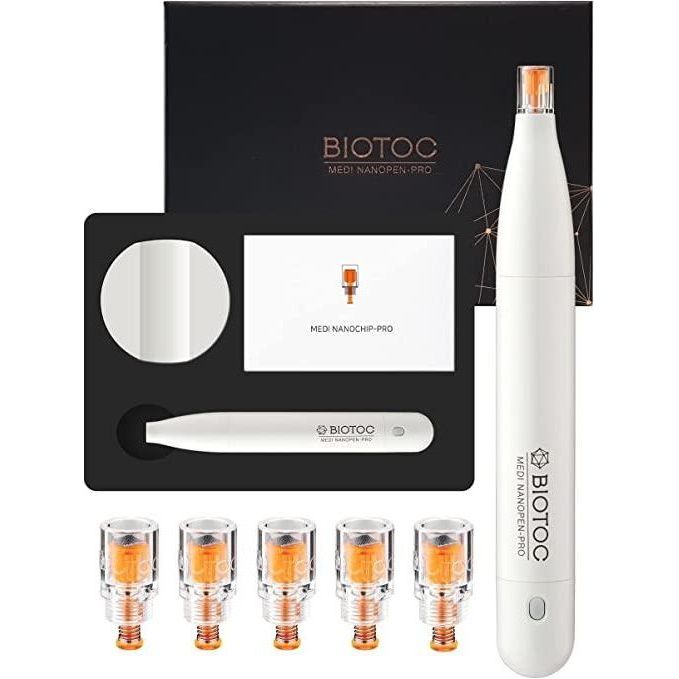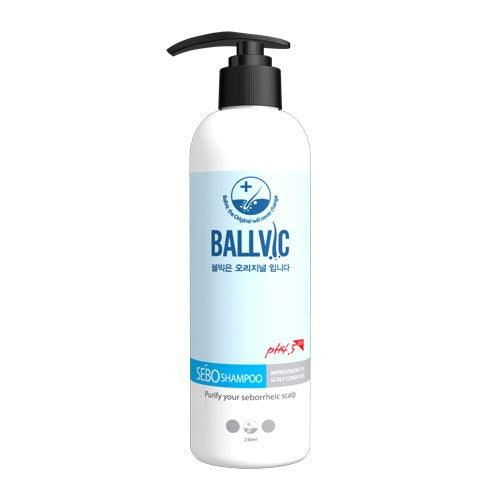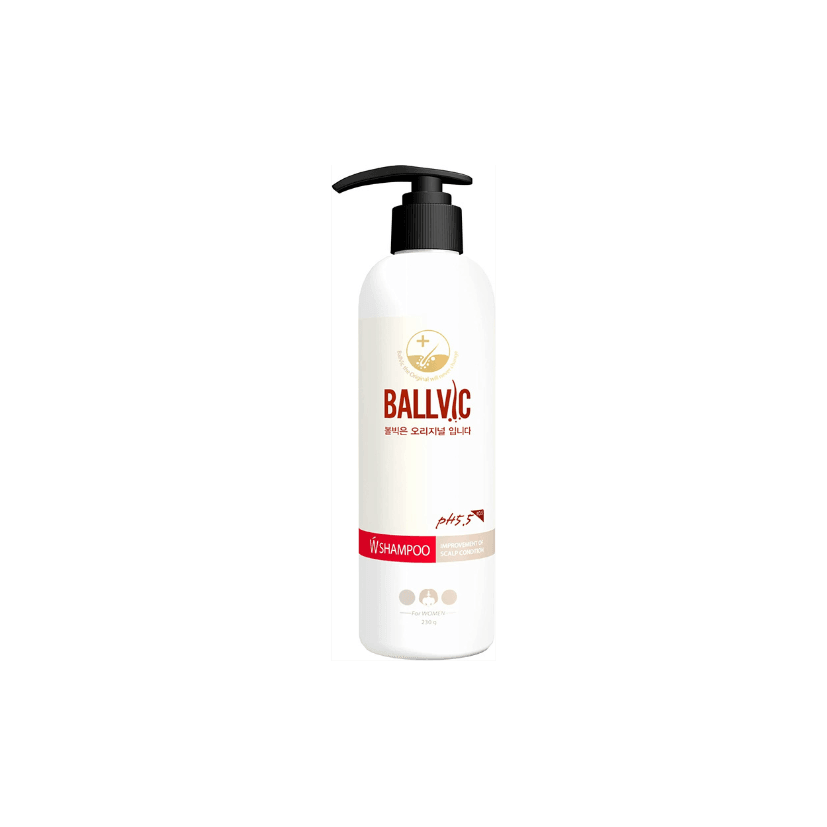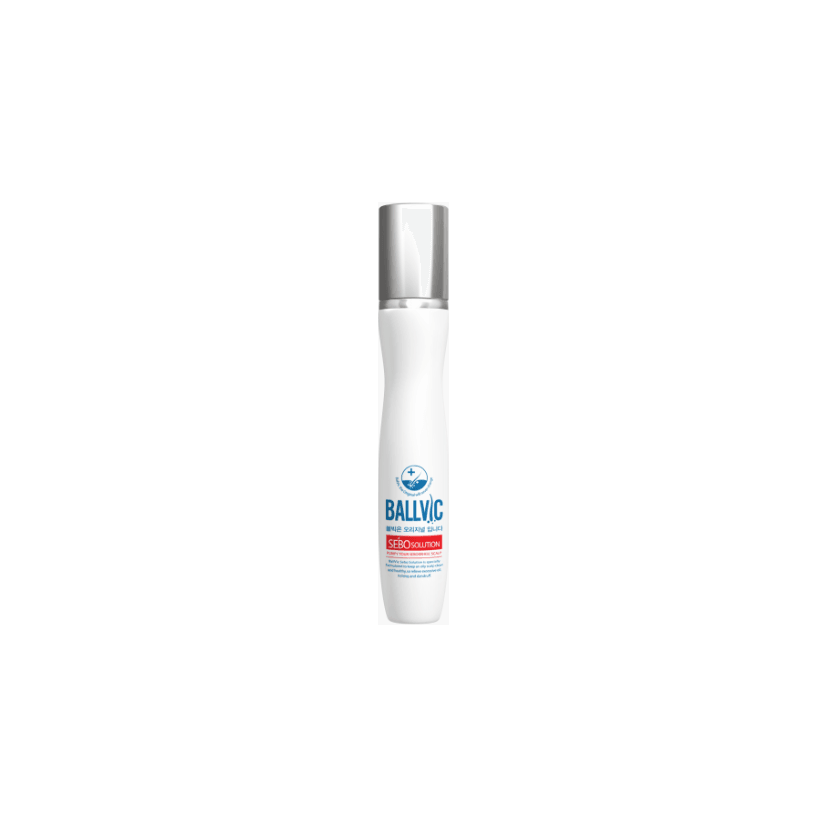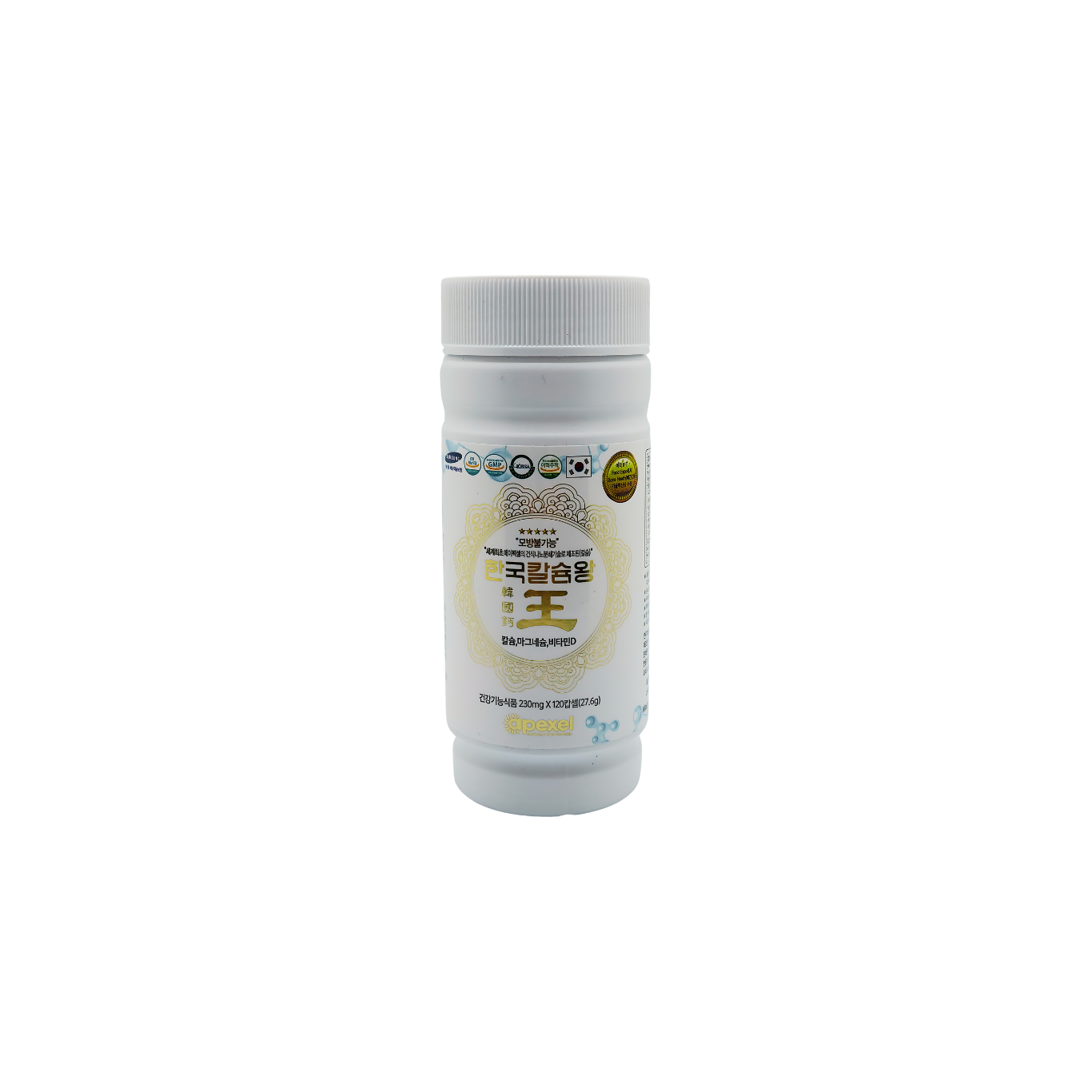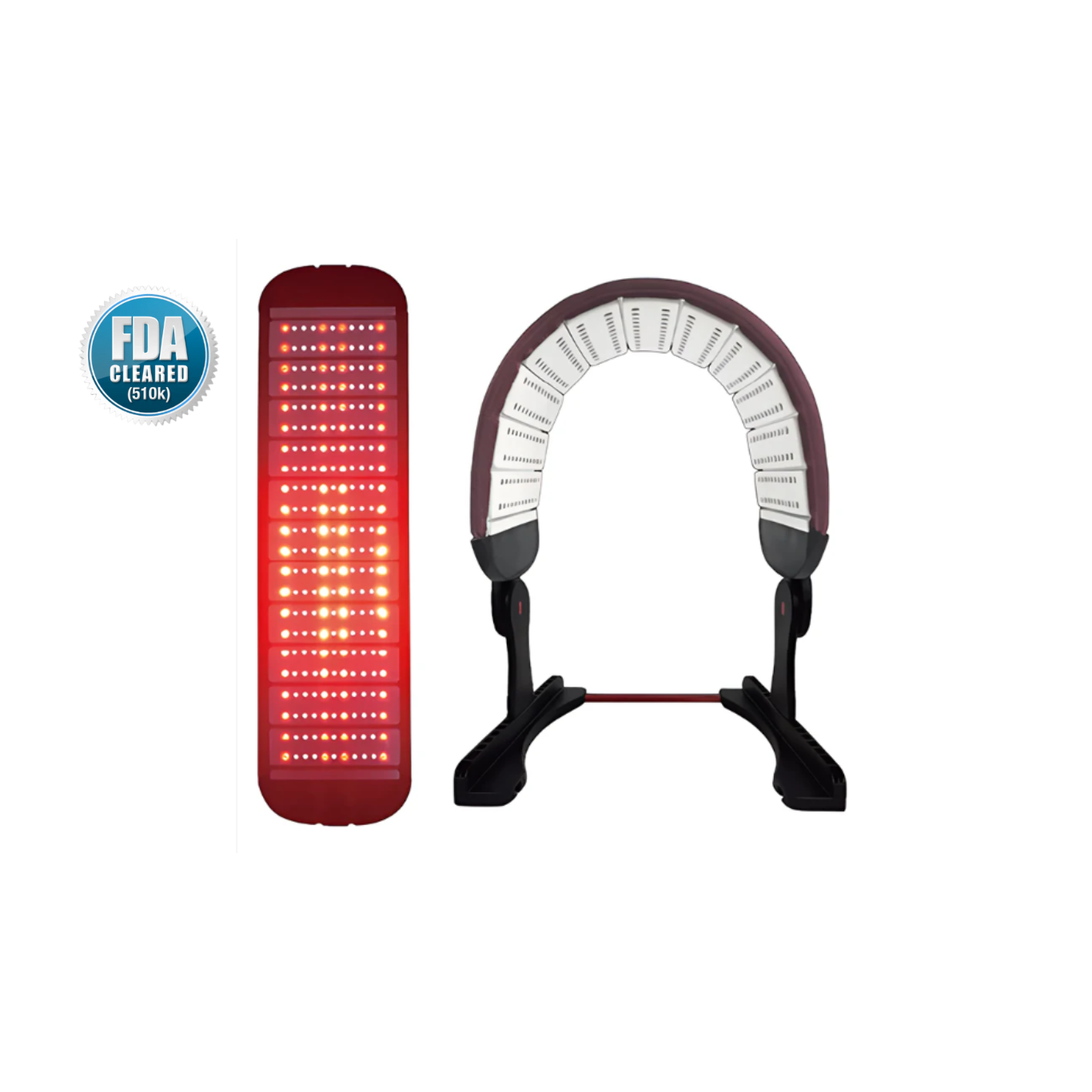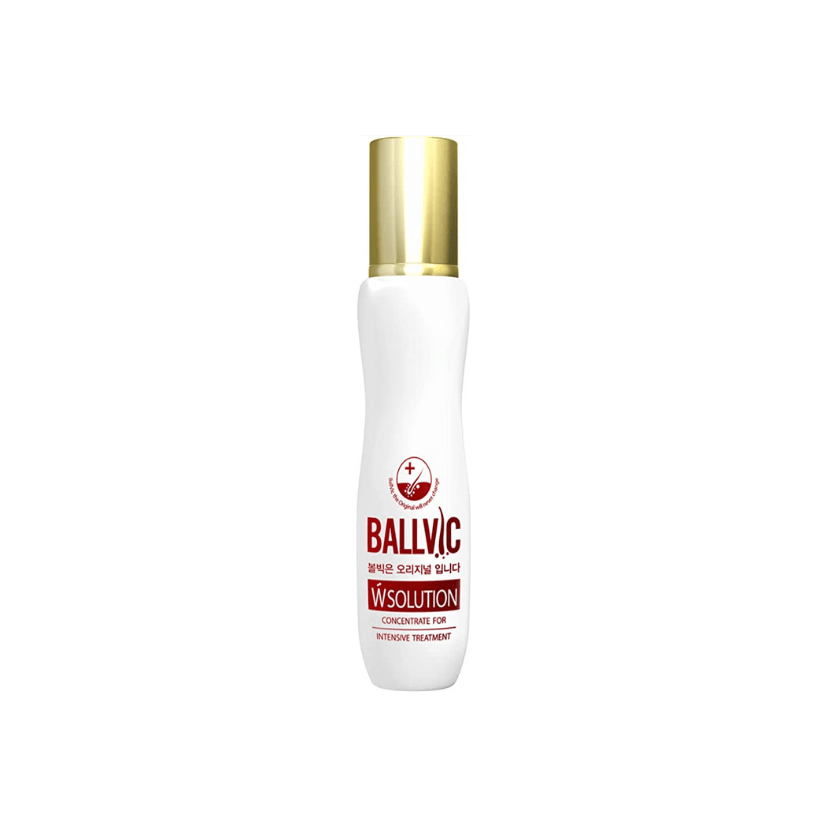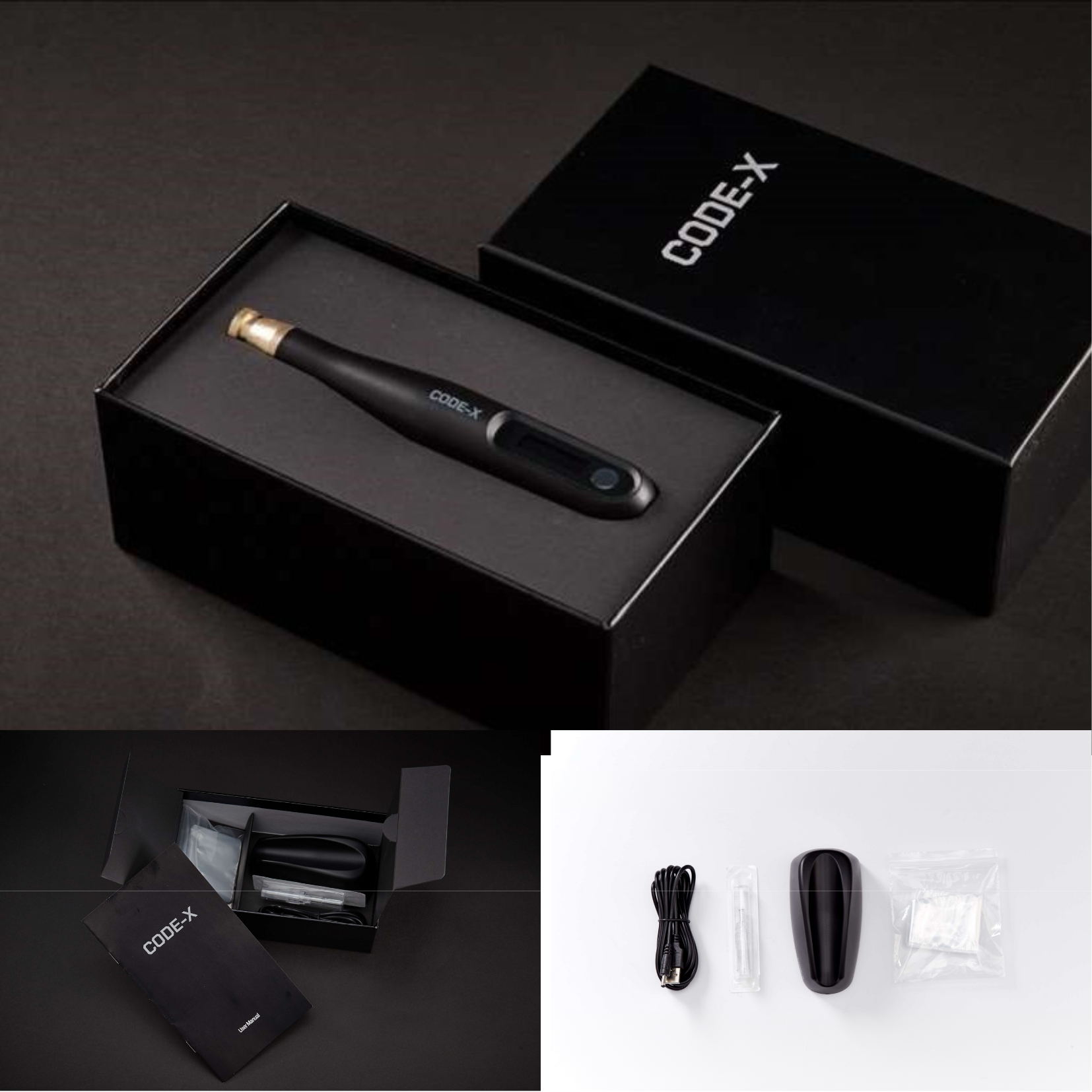This month, we are featuring Dr. Jyoti Gupta, President of Volk Optical, a medical device company that is specifically focused in ophthalmology and eye health. She plays a crucial role in leading the company to develop innovative lenses and imaging solutions commonly used by optometrists and ophthalmologists across the world to visualize the eye for disease detection and treatment. At Volk Optical, Jyoti is working to take eye health one step further to try to connect people across the world to accessible eyecare.

BIOTOC Connection was granted the opportunity to sit down with Jyoti over Zoom to find out more about her journey, and her advice to women on gaining self-confidence.
Did you always want to pursue a career in STEM? What influenced your career path?
JG: I have grown up across the world—I was born in Kuwait and have lived and studied in the UK, the US, and in Abu Dhabi. My family is originally from India, so coming from an Indian background, I was naturally encouraged to pursue a career in STEM. I was very good at math and chemistry, and enjoyed both of them. As I looked to go to college I thought, ‘well, these are the things I'm good at, and it seems like my options are limited to becoming a doctor, lawyer, or engineer from a cultural perspective. Why don't I leverage my strengths in math and chemistry and choose chemical engineering as my major?’
After years of experience within the healthcare space, I now do a lot more on the business strategy and commercial side. However, getting an undergraduate degree followed by a PhD in chemical engineering has helped me develop critical thinking and analytical skills that I use even now to guide my thinking, frame my communications, to understand market trends and data, and to ask the right questions. These fundamental skills originating from my education in engineering have played a significant role in my success as a business leader.
How did you make that switch from working in engineering to business?
JG: I love science and engineering, but the commercial application of technology and making something tangible that people can use and benefit from was always interesting to me. Even in graduate school I was clear that I didn’t want to just do research that would end up in a thesis ultimately sitting on a shelf. I wanted to take technology out of the lab into the real world. I purposefully sought opportunities, be it taking business classes, business plan competitions, or internships and jobs that allowed me to continue to grow on the journey of taking technology and making a viable commercial opportunity out of it. At the end of the day, that's where the value is—you have to understand problems and needs fundamentally, as latent as they might be and then make things that people want and are willing to pay for.
Do you have any future predictions for your industry or company?
JG: Within my industry, I believe in the continued trend towards home health care and patients being more involved in their care as well as automation—ultimately consults, diagnosis and some treatments will be done in your home. Data will play a big role in revolutionizing our industry. As more and more data gets collected and analyzed, it will continue to help doctors make very informed clinical decisions – we are already seeing this. On a similar note, I think robotic surgery and automated diagnosis is a big trend as well.
In the far future, but still within in our lifetime, I think some of what you see in sci-fi movies where machines scan you and then diagnose and treat you on the spot may become a close reality. Technology is really powerful and enabling, and while we have made so much progress in the last few decades, we have barely scratched the surface. The applications of technology and data will drastically speed up over the next decade. I also think privacy as we know it today will be very different – I’m not sure how exactly, but I expect our thinking to evolve on how we look at privacy as daily aspects of our life become more and more data driven.
Do you have any advice for other women in STEM?
JG: My advice is to just believe in yourself. There will always be challenges—nothing comes easy. Feeling anxious or scared is normal if you're going after something you really, really want and care about. Just having that singular self-belief and self-confidence to go after whatever it may be is important.
As you progress in your career and life, you will encounter people along the way who are going to say no or put up obstacles. If you’re smart, ambitious, and talented, there will be people who embrace your potential, but there will also be people who will fear it. My advice is to filter out a lot of that noise and simply focus on your goals and what you are passionate about doing. I, like most women, have encountered this, and we will continue to for a while, at least until things change in society. It's important to let women know that when that happens, it's okay to keep going and not let that bring you down – you are not the only one experiencing this. It is going to take collective strength and time to change society and the world together.
What does the word “beauty” mean to you?
JG: Beauty is really self-confidence. I admire the current generation of women vloggers and influencers on social media because they embrace themselves fully and are so confident in who they are. They put themselves out there for the world to see and judge and are very self-assured and confident in themselves, their voice, and their opinions. To me, beauty is self-confidence and you can really see and feel it radiate and influence all aspects of an individual’s life.
This conversation has been edited and condensed for brevity.
Visit our pages:
